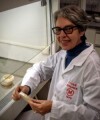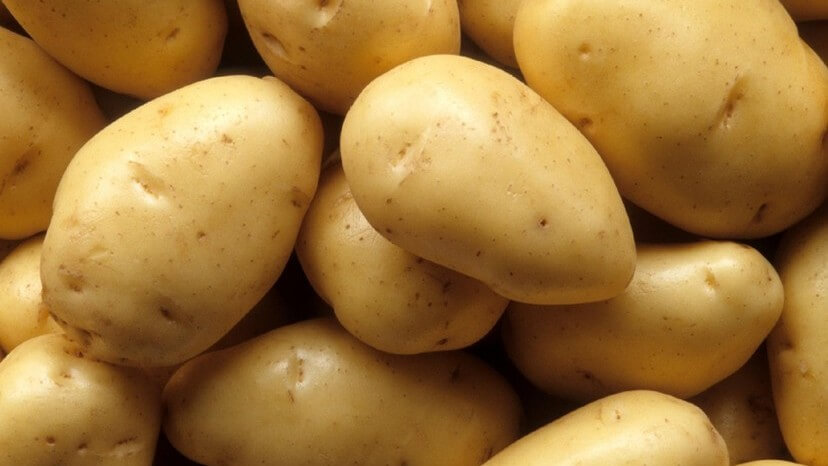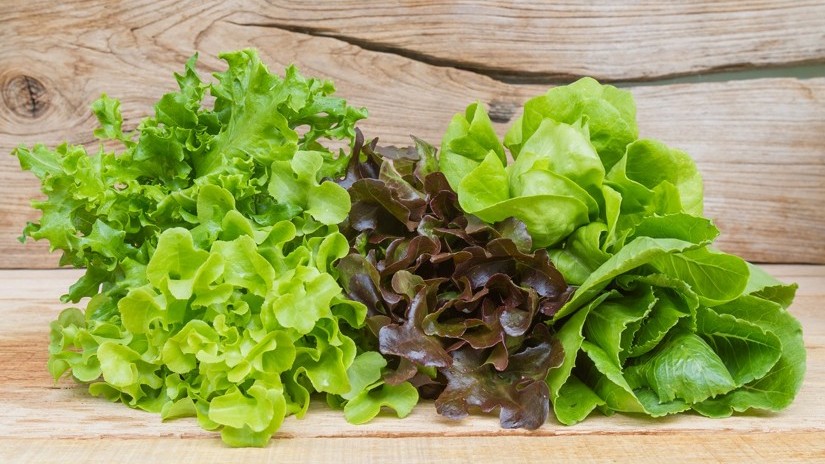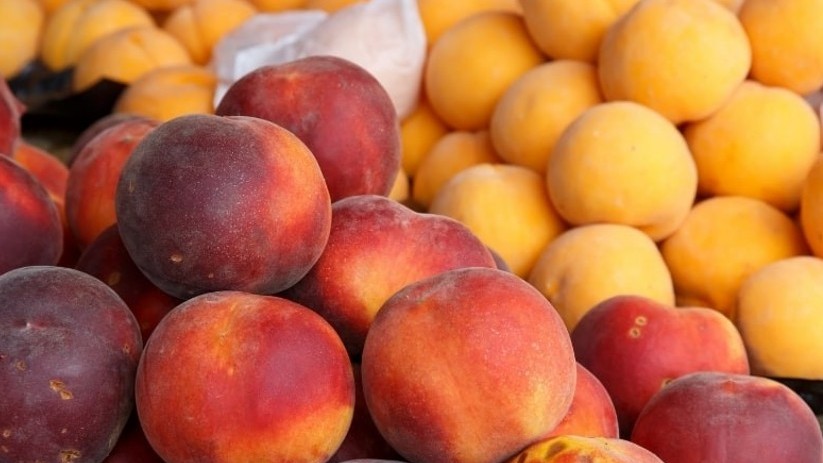News
Phenyl lactic acid preserves pear quality during storage
The treatment with phenyl lactic acid sustains postharvest pear quality by decreasing the respiration rate and energy metabolism
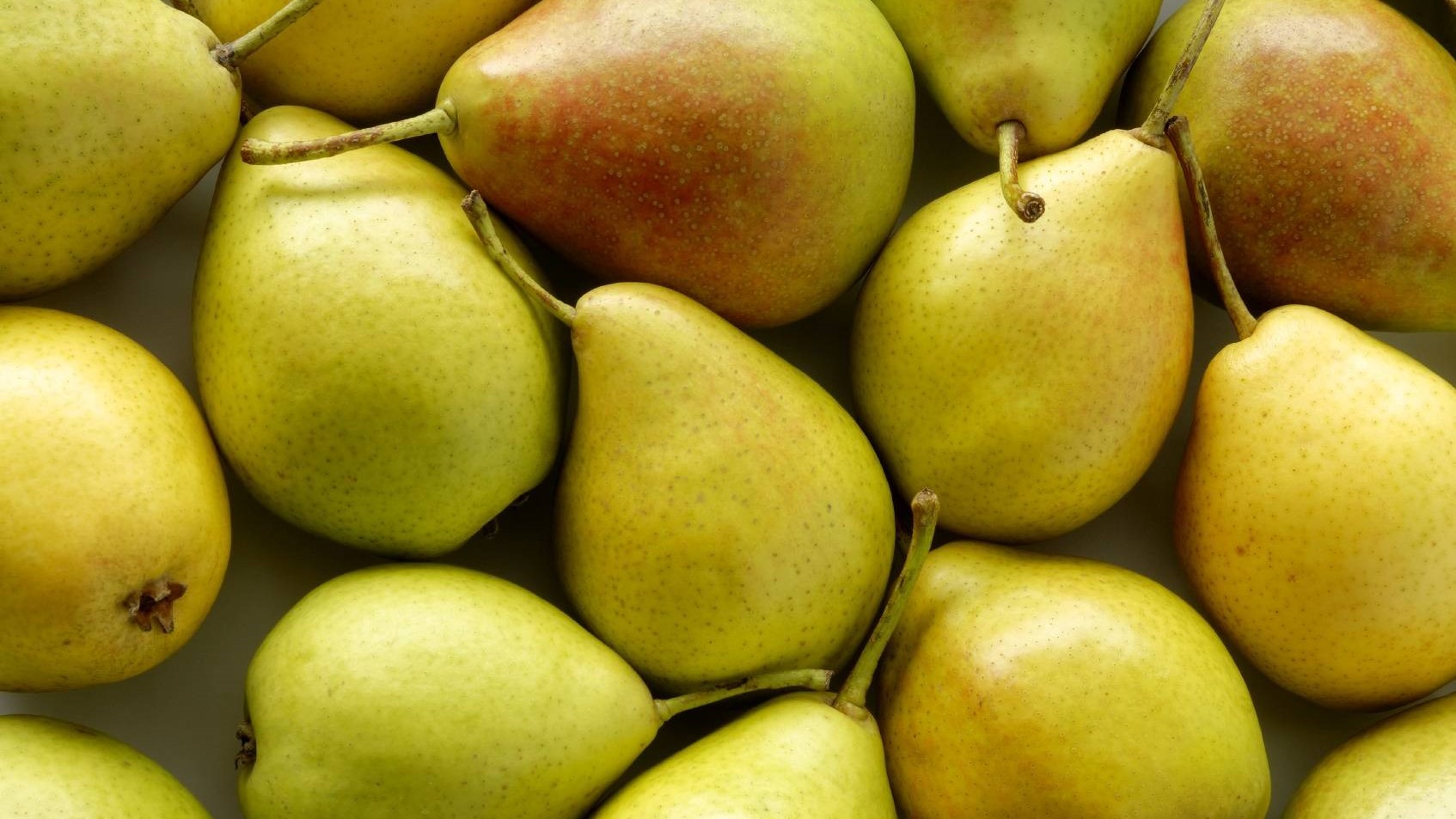
Pear (Pyrus spp, Rosaceae family) is a fruit with a tender and crisp texture, known for its rich content of polysaccharides, pectins, vitamins, and minerals. However, after harvest, it exhibits high respiratory rates and ethylene release, leading to reduced shelf life.
There's a close relationship between respiration, energy metabolism, fruit quality, and senescence post-harvest.
A recent study evaluated the post-dipping effects of phenyl lactic acid (concentration 1.0g L-1 for 10 minutes at 21°C) on "Zaosu" pears*, focusing on quality parameters and the activity and gene expression of key enzymes involved in respiration and energy metabolism.
Phenyl lactic acid, a natural antimicrobial
Phenyl lactic acid finds various applications in the food, pharmaceutical, and cosmetic industries. It's synthesized by several microorganisms including Geotrichum candidum, Lactiplantibacillus plantarum, Bacillus coagulans, and propionic acid bacteria.
Effects
The findings demonstrate that phenyl lactic acid treatment results in reduced mass loss; maintains levels of ascorbic acid, reducing sugars, soluble sugars, soluble solids, and chlorophyll; and delays pulp firmness loss and acidity.
Furthermore, the treatment reduces the gene expression of key enzymes involved in respiration and energy metabolism.
As a consequence, effective preservation of quality during storage is achieved.
Graphical abstract, Zhang et al. (2024)
"Zaosu" is an early-maturity hybrid cultivar derived from the crossbreeding of "Pingguoli" and "Mishirazu"
References
Zhang, S.; Li, C.; Wang, M.; Xu, H.; Guo, Y.; Ge, Y. (2024) Phenyllactic acid maintains the storage quality of ‘Zaosu’ pears by regulating respiration and energy metabolism. Postharvest Biology and Technology, 207: 112607.
Li, T.; Qin, Z.; Wang, D.; Xia, X.; Zhou, X.; Hu, G. (2022). Coenzyme self-sufficiency system-recent advances in microbial production of high-value chemical phenyllactic acid. World J Microbiol Biotechnol, 39(1): 36.
Image source
https://www.pratique.fr/actu/faut-il-manger-poires-eviter-gueule-bois.html Accessed on 12/28/2023.


